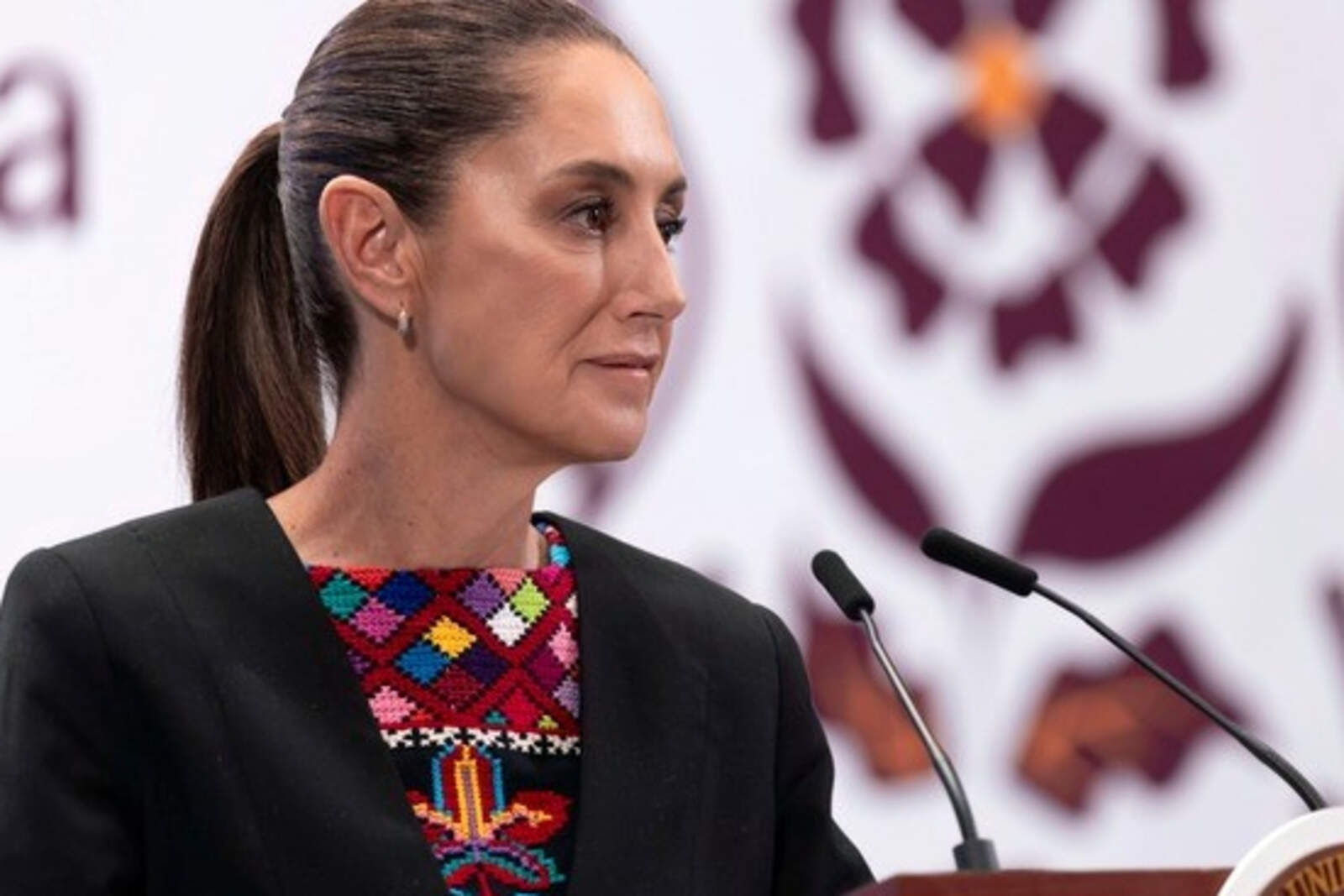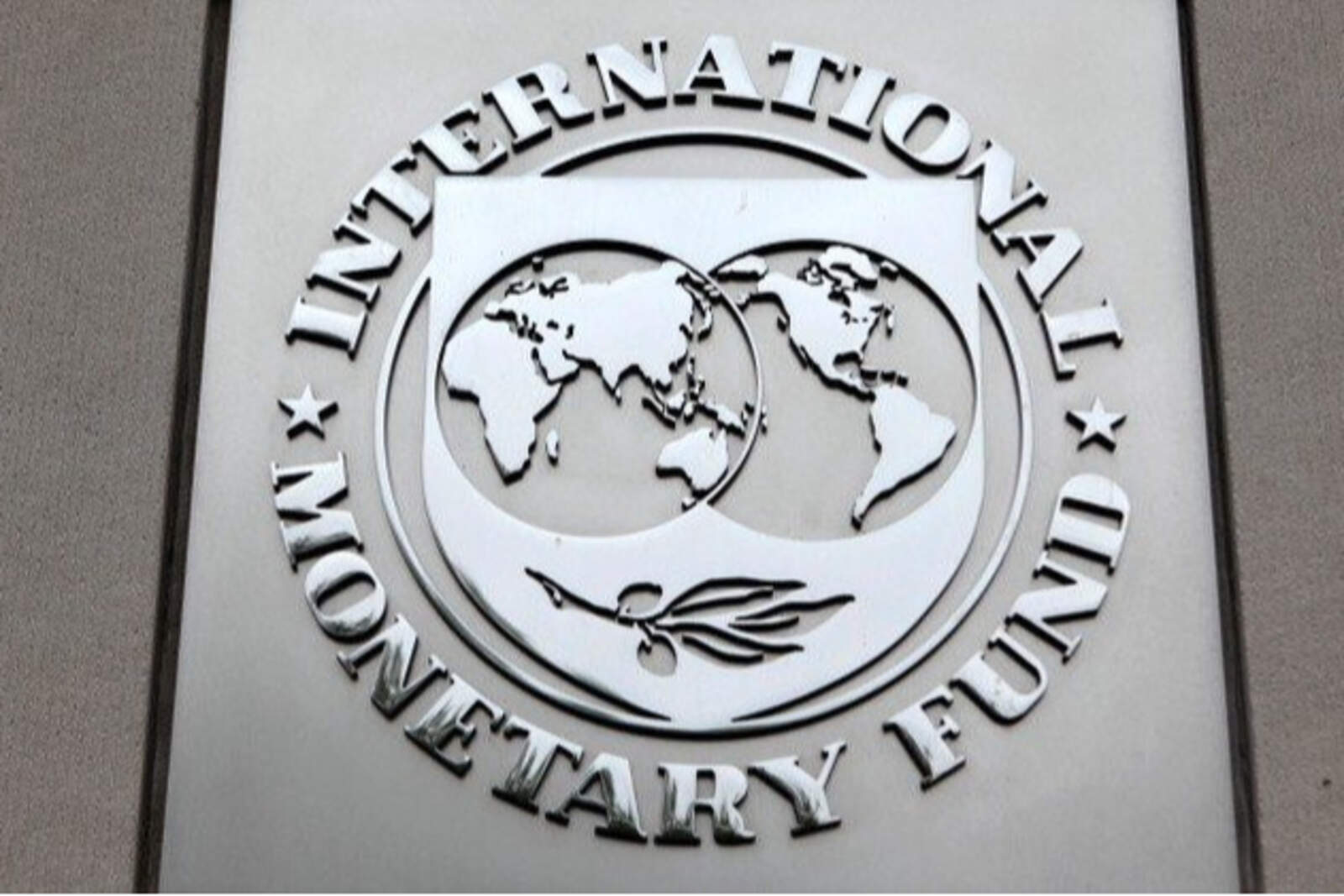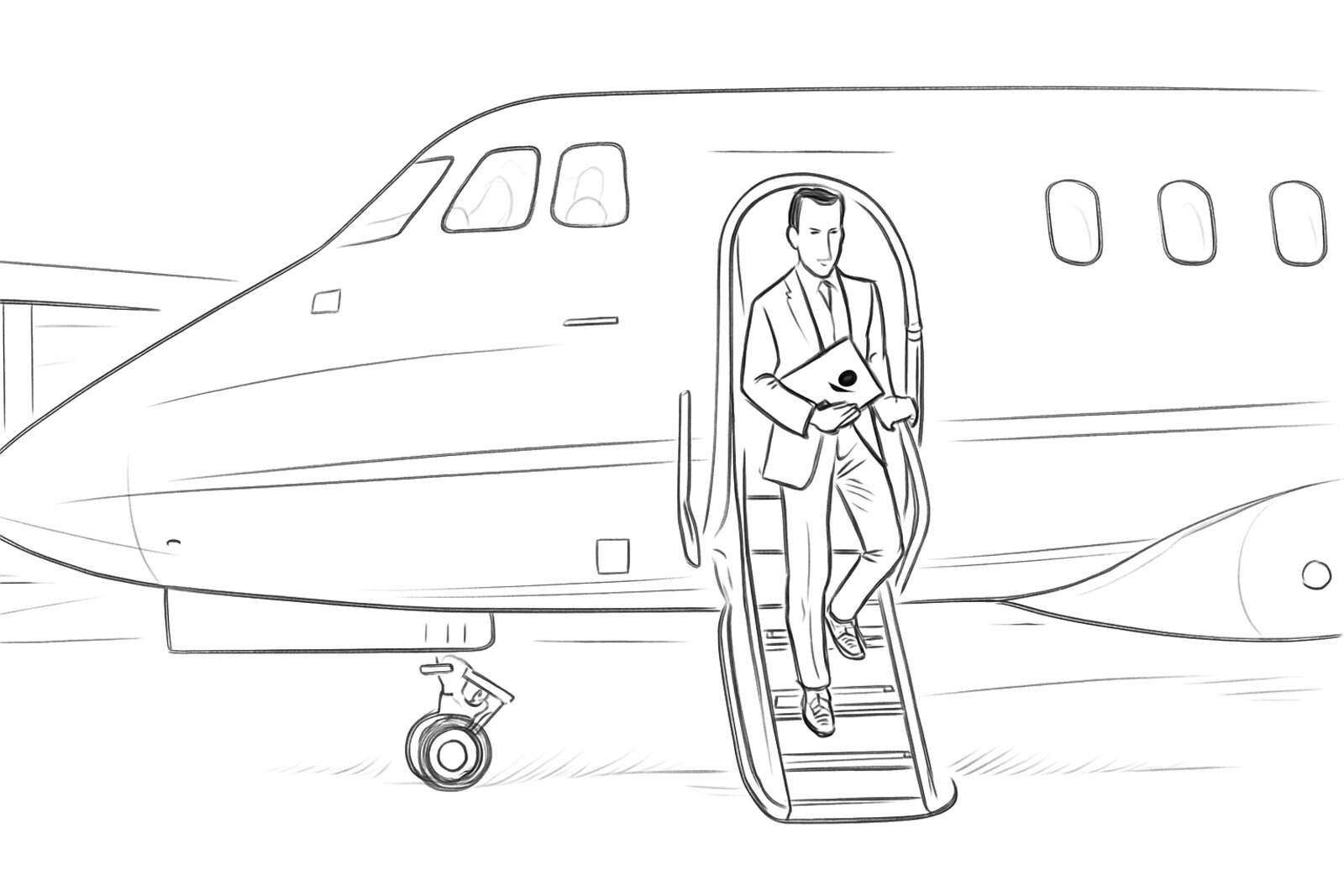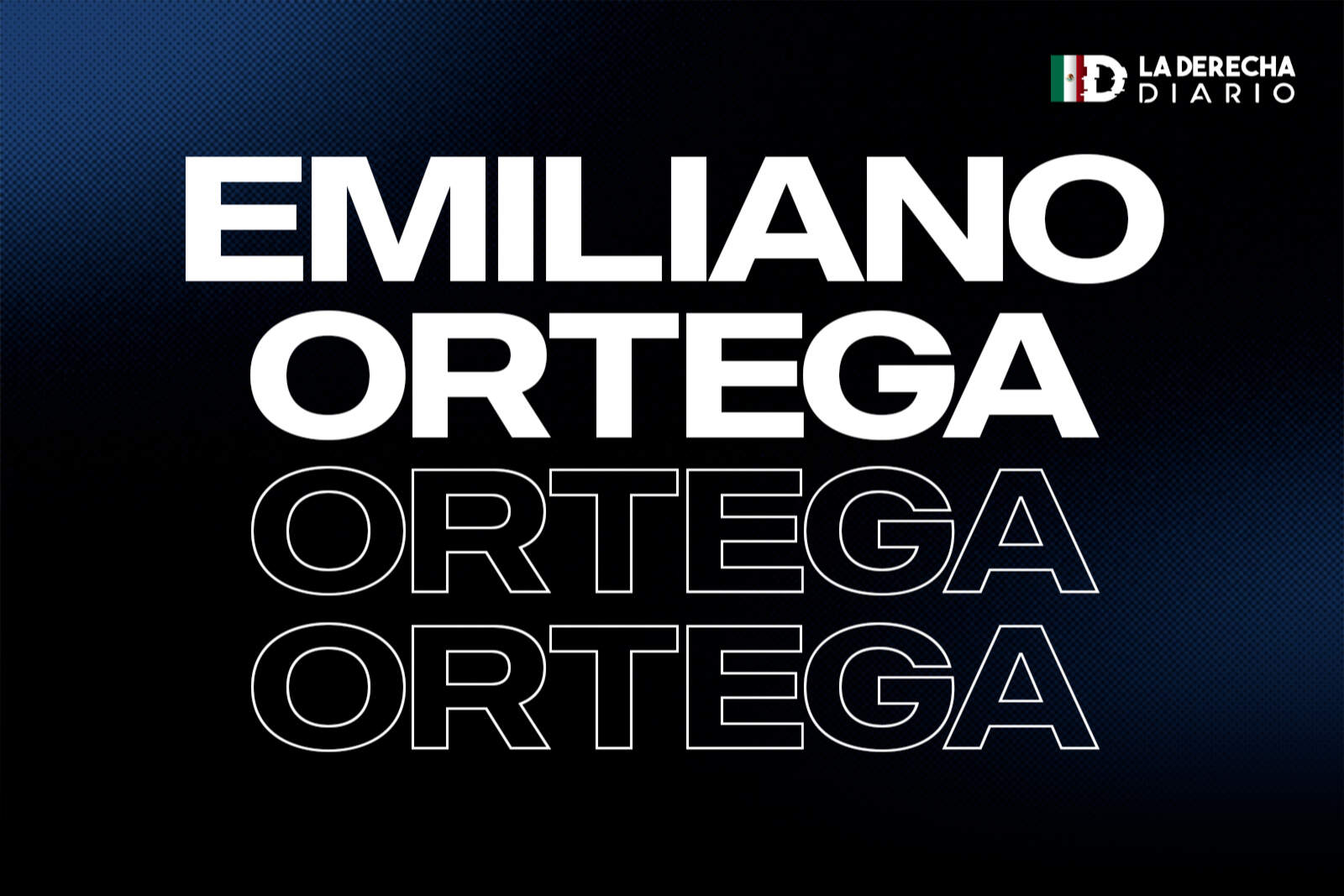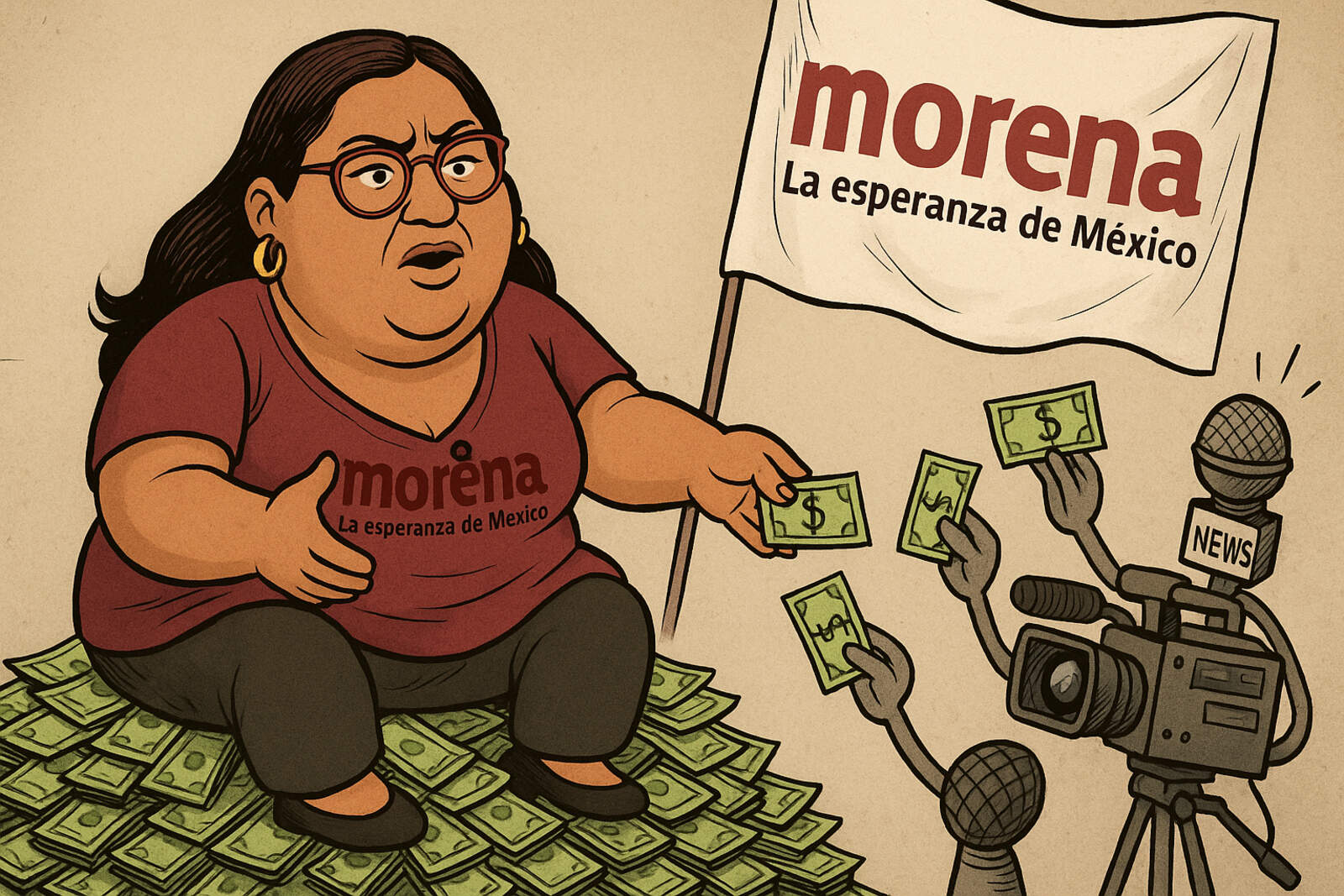Mexico's public debt skyrocketed in the first six months of Claudia Sheinbaum's administration. The debt increased by a staggering 1.1 trillion pesos in addition to the country's commitments.
According to analysts and international organizations, this increase represents a generational tax burden and reduced public spending for future generations.

Data from the Ministry of Finance reveals that the federal public sector closed March with a gross debt of 18.8 trillion pesos. This figure increased compared to the 17.7 trillion recorded in September, at the end of Andrés Manuel López Obrador's term.
Of the total, 74% corresponds to domestic debt in national currency, while the rest is linked to obligations in dollars or other foreign currencies.
Mexico rises in the global debt ranking: surpasses Argentina and Colombia
In terms of Gross Domestic Product (GDP), the debt went from representing 52.3% to 52.5%. This, according to the Ministry of Finance, is still a sustainable level given the size of the national productive sector.
However, the International Monetary Fund (IMF) estimates that Mexico will climb from 85th to 62nd place in the global gross debt ranking during Sheinbaum's term. Mexico's debt will surpass that of countries like Argentina, Colombia, and Costa Rica.
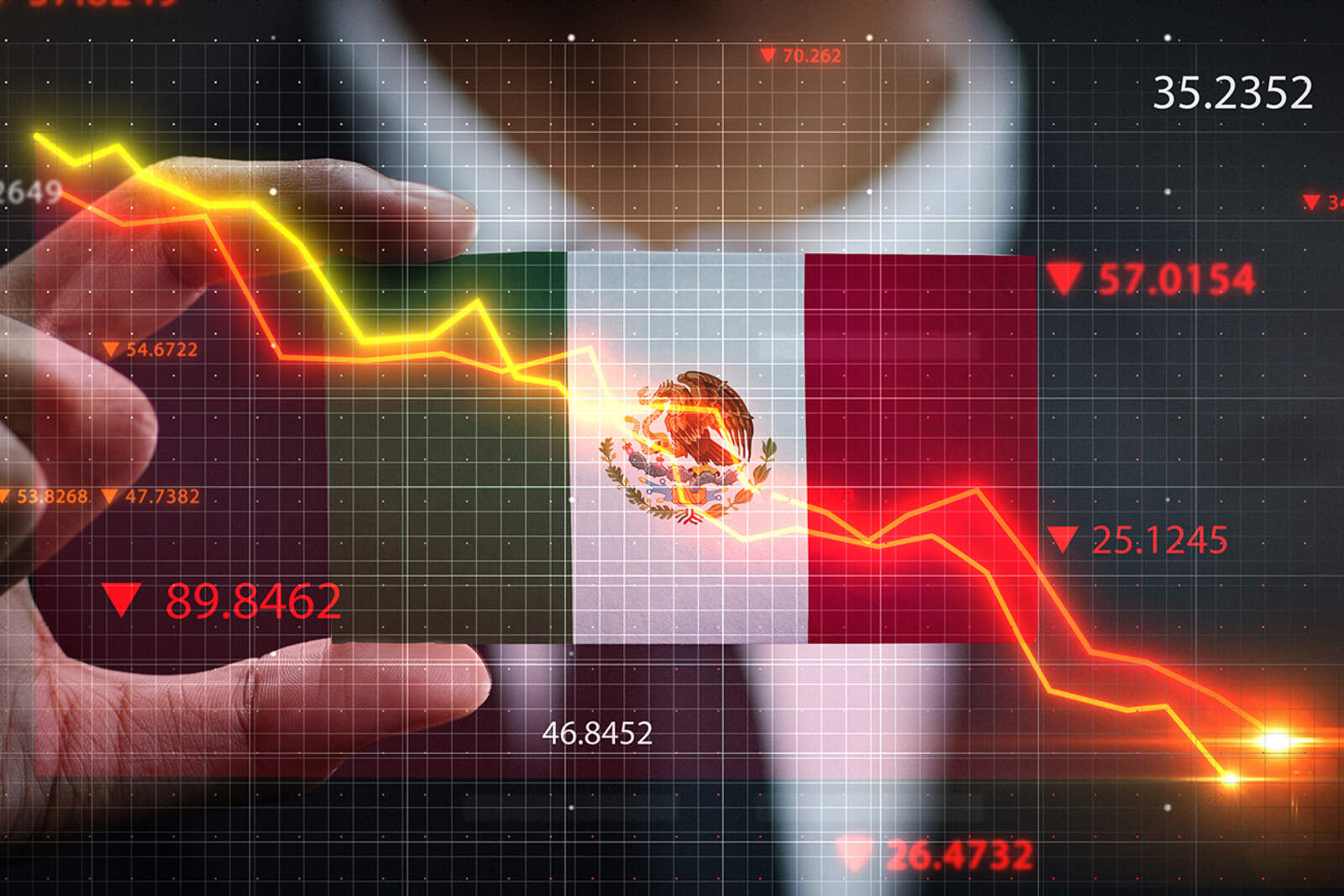
Despite the IMF's warnings, which projects that Mexican debt will increase by up to 9 trillion pesos more during this administration, President Claudia Sheinbaum downplayed the concerns:



